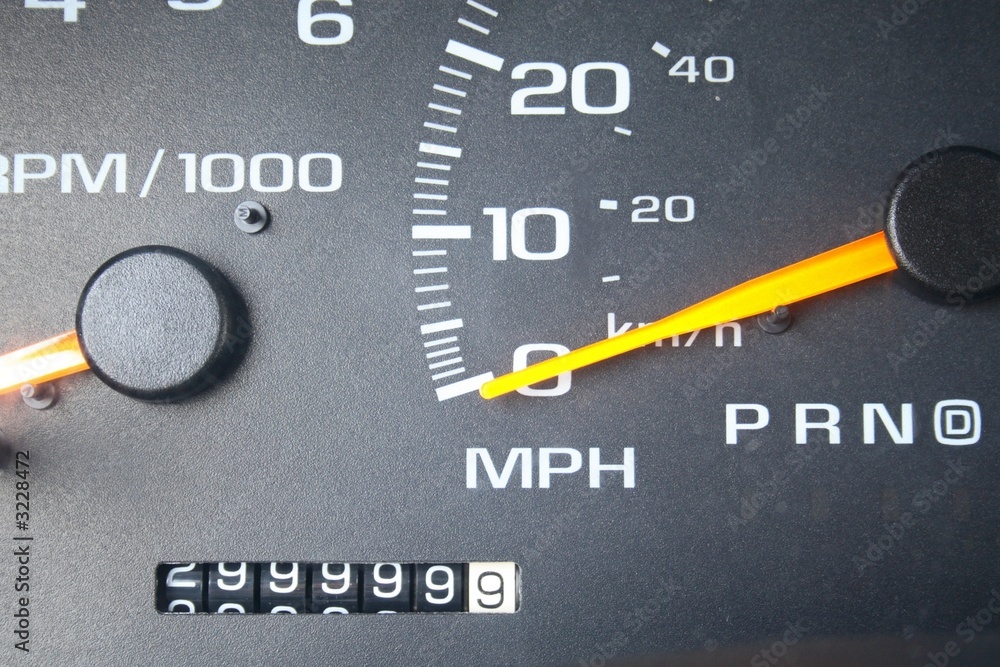One of the most important legal responsibilities during a vehicle purchase or sale is filling out an accurate odometer disclosure. The odometer disclosure isn’t just a formality — it serves to protect both buyers and sellers by documenting a vehicle’s mileage at the time of sale. Providing false or incorrect information can result in serious legal consequences, including fines, civil penalties, or even criminal prosecution, which is why it's important to know the Odometer Disclosure procedure if you're going to be buying or selling vehicles.

By having an odometer disclosure, we can help combat odometer fraud that happens when a vehicle’s true mileage is not disclosed correctly. Fewer miles can greatly boost the value of a vehicle, tempting unscrupulous sellers to play around with readings. The odometer disclosure is a form that you receive when you purchase a vehicle, and the seller must disclose their knowledge of the vehicle’s actual mileage. It also creates a paper trail that can be crucial if disagreements arise later on regarding the condition or history of a vehicle.
In operation, an odometer disclosure is admitting the miles on the title or another disclosure form, state-dependent. Sellers are required to record the odometer reading of such a vehicle upon transfer, and indicate whether that figure represents the actual mileage, exceeds mechanical limits of the odometer or is "not actual." We recommend you check the vehicle's mileage carefully as reported with service records by the owner of the vehicle, and have the car inspected to know for sure.
In addition to preventing fraud, Odometer Disclosure is also important for the resale value of a car. Honest mileage reporting inspires confidence between the purchaser and seller, and minimizes the chance of conflict in future. Just like for dealers, honest disclosures can save a seller from expensive litigation and negative publicity. Some states have seriously severe regulations relating to Odometer Disclosure, and there might be compelled penalties based on false statements, highlighting the need to stay alert while making a sale.
For prospective owners, it pays to be proactive and confirm Odometer disclosure information--it can save you money and headaches in the long run. Low-mileage vehicles can still wear out, behind the scenes, and cost you a fortune in repairs. Learning the responsibilities associated with mileage reporting protects both sides from ethical and legal obligations, which can result in an easier and safer transaction for all.
Finally, the Odometer disclosure is about more than paperwork—it’s a bedrock of trust and reason in the car business. Whether you are in the market for a first car, early wheels, or selling the old family truckster, adhering to this process protects your financial and even legal interests - and is good advice with every transaction.
Andrew Richardson is the author of this Article. To know more about GM buyback please visit our website: allenstewart.com